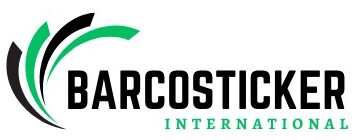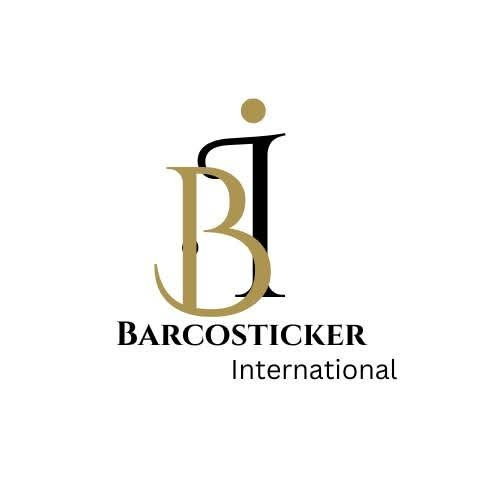In today’s fastced business environment, barcode labels play an important role in simplifying operations, improving accuracy and increasing productivity. Whether you run a retail store, warehouse, manufacturing plant, or healthcare facility, barcode labels are efficiently required to track and manage assets. This article explains what barcode labels are, their benefits, applications, and high quality barcode labeling solutions are a smart move for any business.
What is a barcode label?
A barcode label is a printed tag that includes machine-elective data in the form of black and white bar or pattern. These patterns represent information that can be scanned and interpreted quickly by barcode scanners or mobile devices. Typically, a label will also include human-elective text for easy identity.
Barcode products can store a wide range ranging from IDs and prices to batch number and expiration dates. Common barcode formats include UPC (Universal Product Code), EAN (European Article Number), Code 128 and QR Codes.
Why barcode label matter:
In the digital age, it is not only disabled to rely on manual data entry or handwritten tags, but also error-prone. Barcode labeled data automatic, reduces human error, and accelerates workflow processes. Let’s look at important benefits:
1.Increase efficiency
Barcode labels streamline operations by reducing the time required to input or recover the product information. A quick scan takes all this to access the inventory data, saving hours in data entry and record-keeping.
2. Increase in accuracy
Manual data entry can result in expensive errors. Barcode label pricing, inventory counts and impurities in product identification significantly reduce the overall commercial performance.
3. Better inventory management
With barcode labeling, companies can track the item in real time. It improves stock visibility, helps prevent overstocking or stockout, and supports better demand forecast.
4. Cost effective
Applying barcode labels is inexpensive and scalable. They can be printed in bulk using standard or special barcode printers, which reduces long -term operating costs.
5. Easy integration
Most points (POS) of modern Labels sales are compatible with the system, inventory management software, and enterprise resource planning (ERP) platforms, making integration comfortable.
General application of barcode label:
Labels are used in a wide range of industries. Here is how they benefit different areas:
Retail:
In retail, barcode label pricing, inventory tracking and checkout processes are required. They enable loyalty programs and product returns to handle more efficiently.
Warehousing and logistics
Barcode label warehouse helps managers to keep an eye on upgoing and outgoing shipments, storage locations and inventory levels. They also simplify order picking and supply processes.
Production:
Manufacturers use barcode labels to track raw materials, functioning items and finished goods. This increases traceability and ensures compliance with quality control standards.
Health care:
In the healthcare industry, barcode labels are used for the patient’s identification, drug tracking, lab sample labeling, and medical equipment management, which helps reduce errors and increase patient safety.
Library and education:
Library books use barcode labels to manage book inventions, to streamline check-in/check-out procedures and reduce manual labor. Educational institutions use them for asset tracking and student ID cards.
Types of barcode label:
Barcode labels come in different types and materials depending on their use:
Paper barcode ideal for short-term applications such as label-wasting and retail.
Polyester barcode label -stroke and resistant to chemicals, water and friction.
Thermal transfer labeled-long-lasting, print using a ribbon for smo-resistant barcode.
Use direct thermal label-heat-sensitive paper, the best for temporary use (eg, receipts or short-term shipping labels).
Tampered-illustrated barcode is used for label-security-sensitive products or documents.
Choosing the right barcode labeling solution
Choosing the correct barcode label involves considering factors:
- Environment
- Tolerance
- Printer compatibility
- Label size and format
Investing in the right barcode label printing system and material can increase operating efficiency and ensure long -term reliability.
Conclusion:
In a rapid competitive and technology-operated world, barcode labels have emerged as a simple but powerful tool to increase business operations. Barcode labeling systems provide immense values for all sizes of businesses by tracking the inventory and reducing labor costs.
Whether you’re doing a startup or an established enterprise for an established venture, a barcode label for an established venture aimed at customizing the workflow. You can give you the edge that you need to succeed. Choose high quality labels, right printers and a skilled barcode software solution- and see your productivity.






